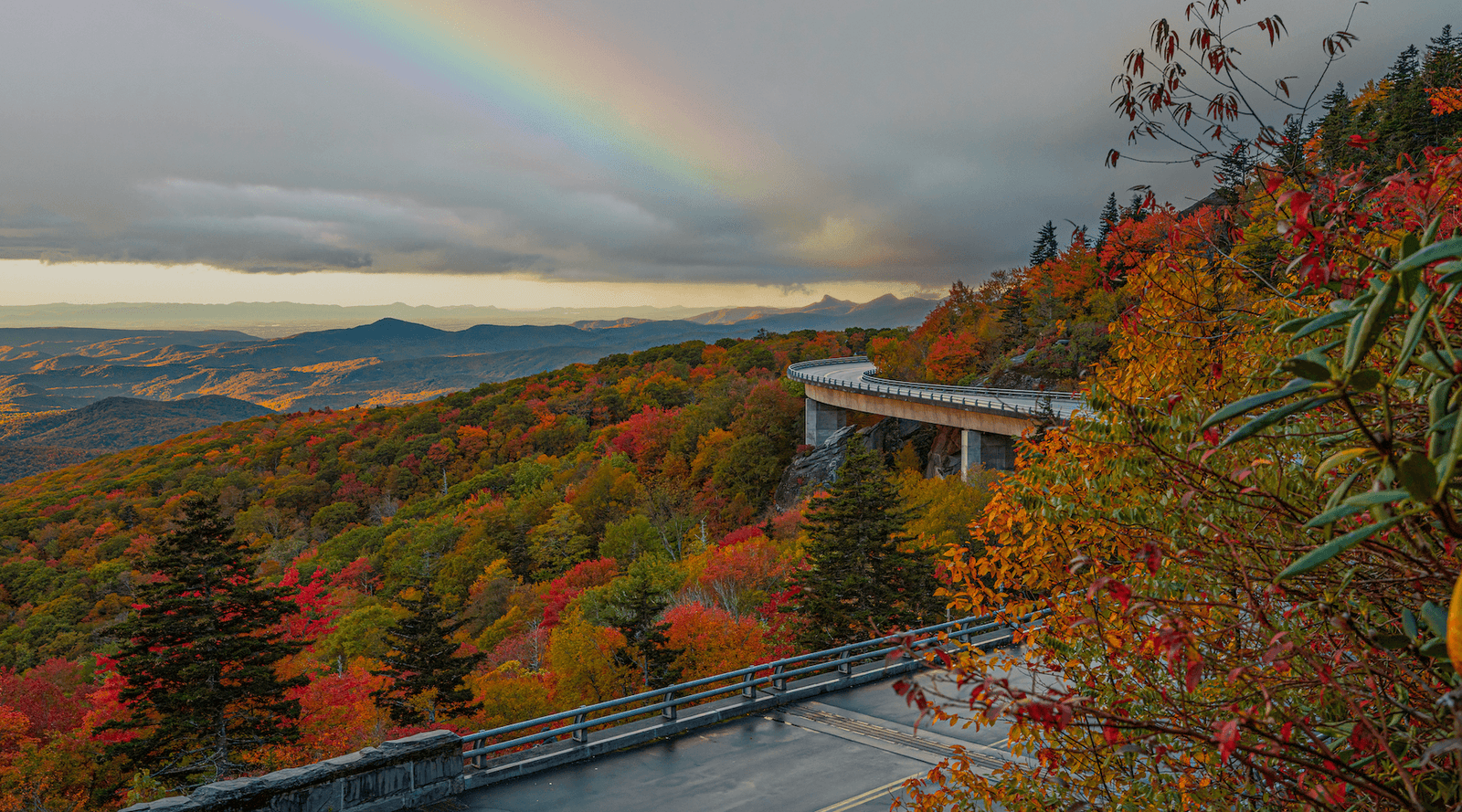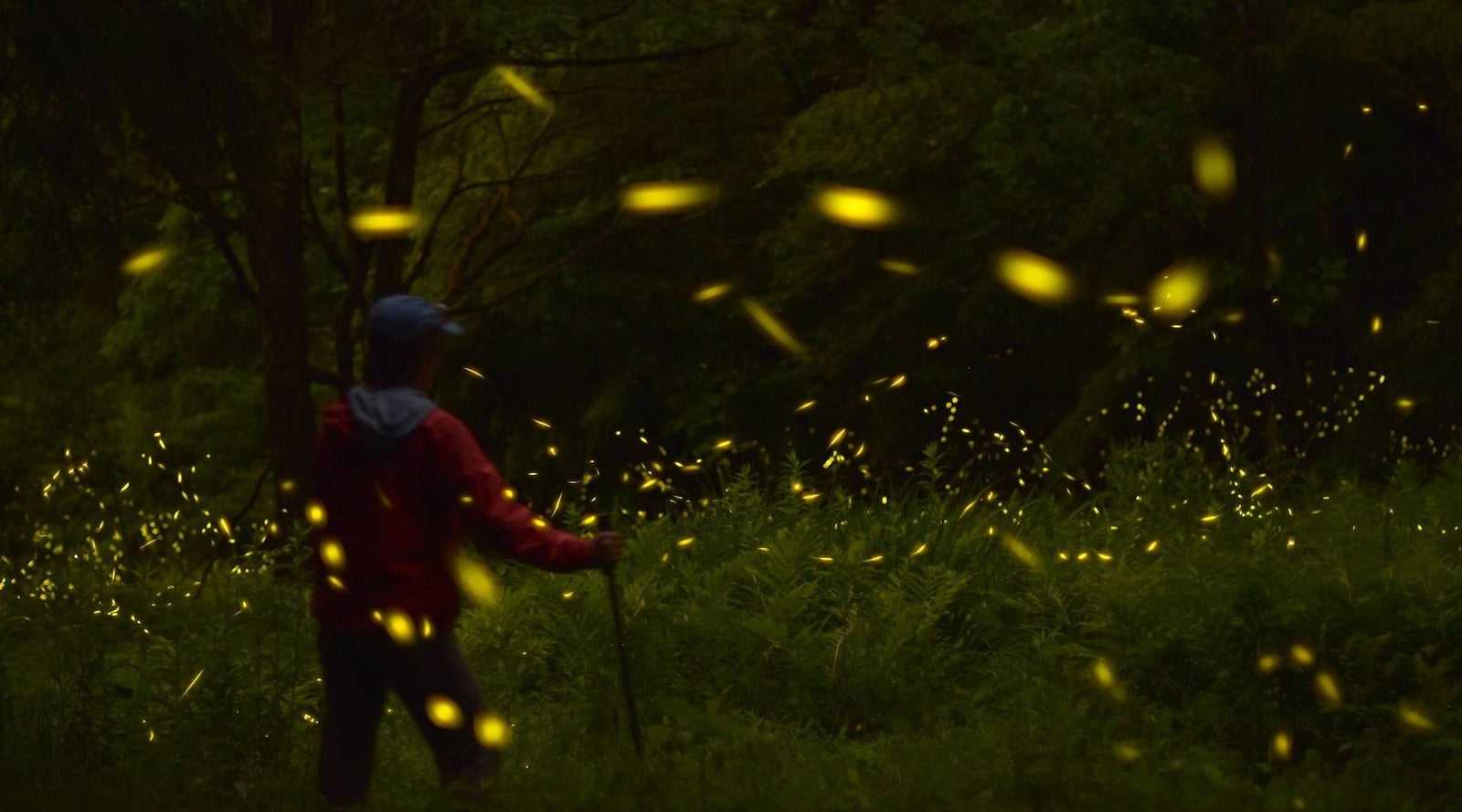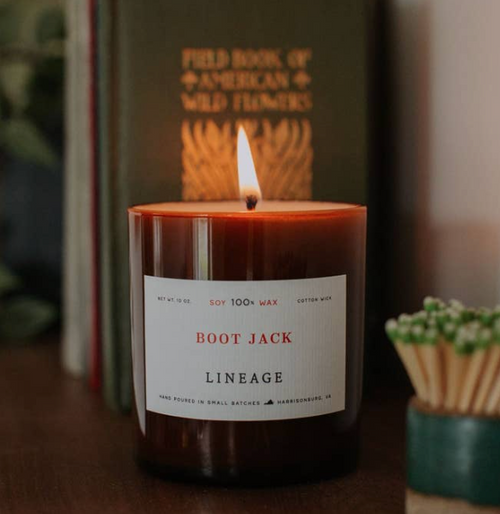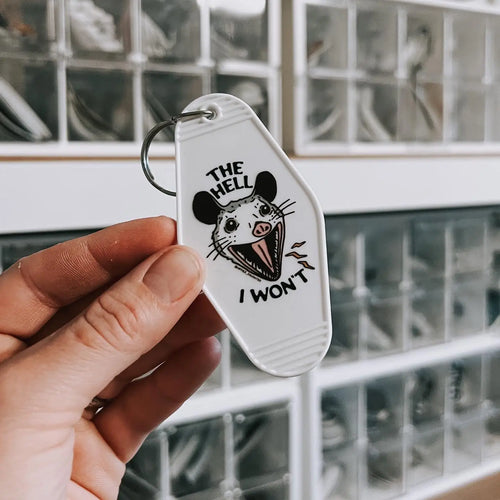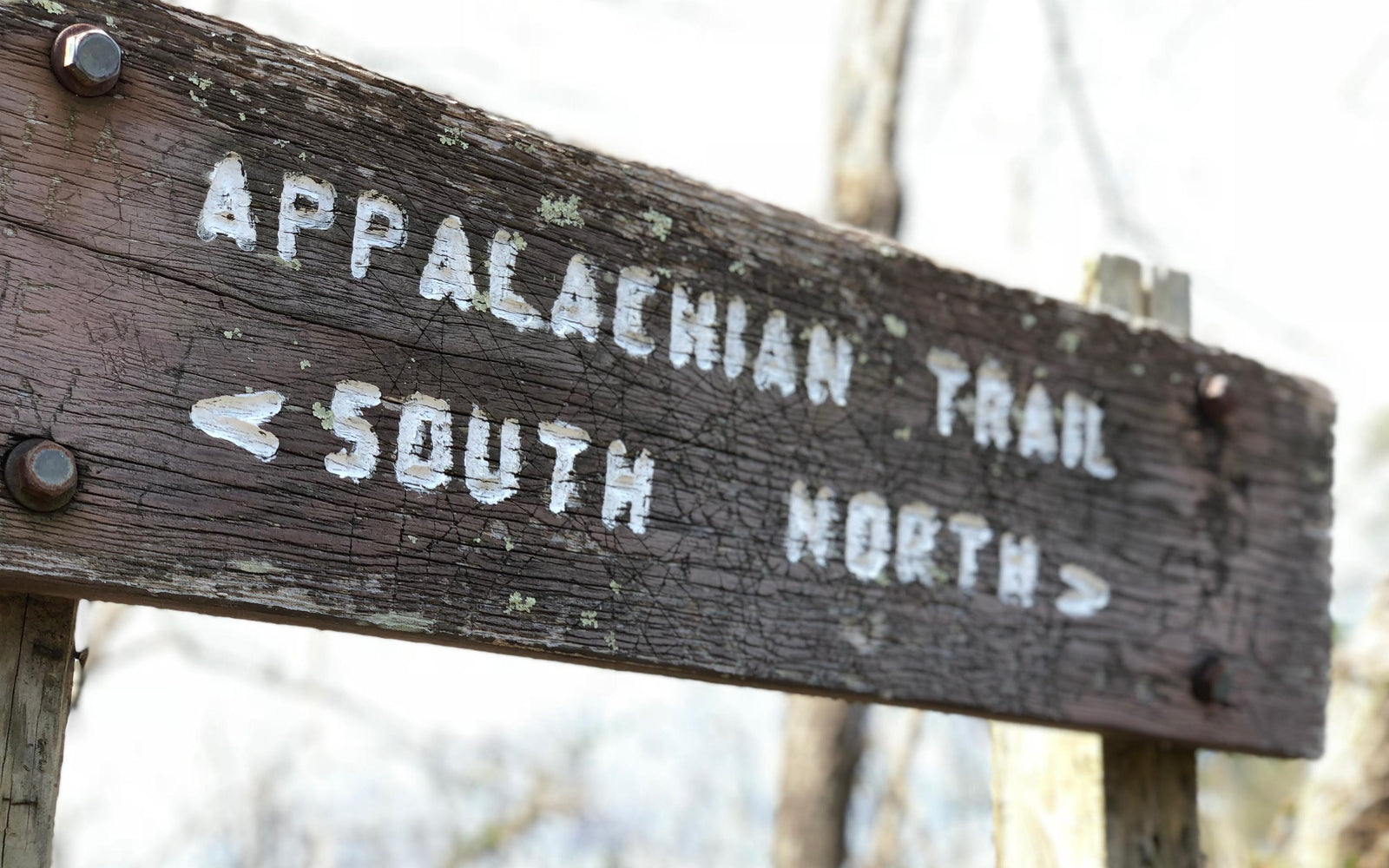
We all lie a little.
Maybe your boss asks what you think of her new top, and though it looks like it's made from fishing nets, you say, "It's really fun!"
Or the tub is clogged, and there's no way the plunger will fix it. You tell your significant other, "Yeah, I already tried that."
White lies sometimes get us by, and that apparently holds true on the Appalachian Trail. Greg and Jen Seymour started their thru hike on Springer Mountain in Georgia on March 22, 2017 and finished on Mount Katahdin, Maine on September 16, 2017. Along the way, they heard enough fibs to make this handy list, which originally appeared on their blog Appalachian Trail Tales.
Maybe some are familiar. Maybe you even have your own to add. What's the best lie you ever heard in the great outdoors? And what's the best you ever told?
***
Most Appalachian Trail thru-hikers start the trail as a neophyte and end it as an expert. Along the way they learn that some of the things they had been told about the trail just aren’t true. These are five of those things for us.
1. Virginia is easy/flat
Before we left on our thru-hike, we heard several times in several ways that the miles in Virginia were easy or at least flatter than those experienced in the preceding states of Georgia, North Carolina, and Tennessee.
If you compare the elevations in the guidebook of Virginia against any one of the first three states, it does appear flatter. Don’t be fooled. Virginia has plenty of challenges for the thru-hiker and it is neither flat nor easy.
I believe one of the contributing factors to this fallacy is that in Virginia many hikers begin busting out serious daily mileage. That means it’s easy right? Uh, no. It means by Virginia, a NOBO hiker has earned their trail legs. They have also dialed in their gear and their packs are at an optimal weight. In this way daily mileage increases in Virginia, certainly not because it’s flat!

2. You should cut your toothbrush handle off to save weight
There is a trend in long-distance backpacking to be as light as possible. New backpackers are admonished to cut off tags from clothing, remove extra length from straps, and yes, cut the handle off a toothbrush. However, focusing solely on weight causes problems. Have you ever tried brushing your teeth with a toothbrush with a short shaft? I’ll carry an extra half ounce to have a product that is more comfortable. Another example is frameless or ultra light backpacks. They may be a pound or two lighter than their counterparts with support, but if they cause shoulder pain because they can’t support the weight you are carrying, it’s not worth it. So, when considering gear choices you have to weigh not only weight, but comfort, utility, durability, and cost.
3. Anything they say going down a mountain when you are going up
This is actually true of ANY hiker you meet descending a mountain you are climbing up. They will want to help … to be positive, but whatever they say, it’s a lie!
“You’re almost to the top, maybe a tenth of a mile.” Thirty minutes and half a mile later you reach the summit.
“It’s just a gradual climb up.” Translation? Rock scramble most of the way up.
The truth is everything is experienced differently by those coming down the mountain, plus they were just up at the summit hanging for an hour, they are refreshed. You, on the other hand, have been climbing all morning and are fatigued.
4. You can’t smell the stink on your self
Wrong. Lie. You can!
5. It’s only about the journey not the destination
It sounds good and it makes a great poster, but is it true? For the prospective thru-hiker, I think not. The two words, journey and destination, are a team and while you can have a journey without a destination, it is unlikely you would complete the entire Appalachian Trail if you didn’t have the destination in sight.
My assumption is that your goal is to do just that, to be a thru-hiker. If that’s the case, you must have a destination. Something to work towards. To walk to. A culmination of your hard work and aching bones. An end.
And that destination is your purpose.
Yes, over the course of five or six months you will meet incredible people, see unbelievable sights, commune with nature. And yes, the journey can change you and feed your soul for years to come. But, if the objective is to be a thru-hiker, focusing only on the journey will set you adrift.
Instead, focus on the destination and enjoy the journey.


